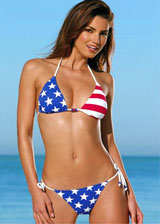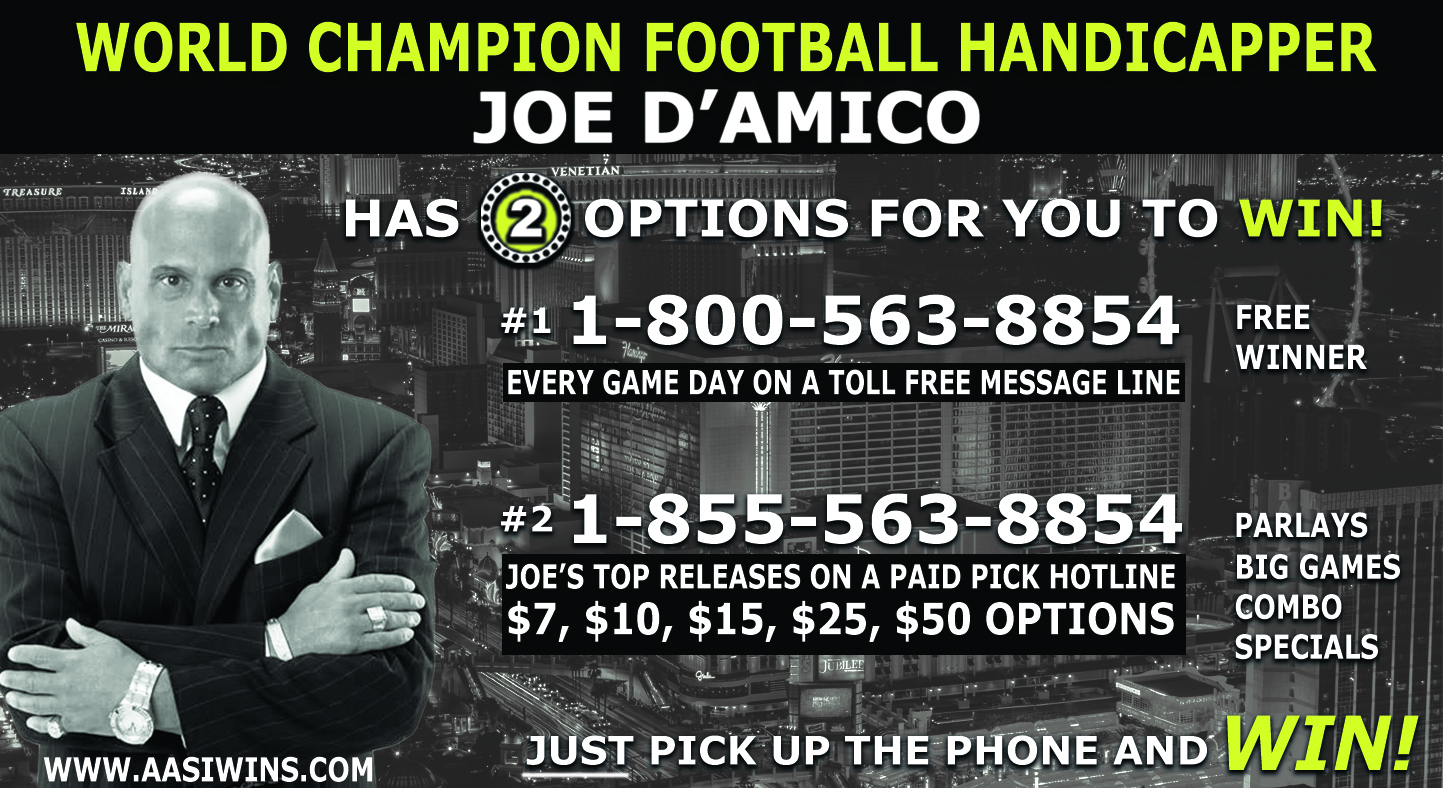
PRO HOOPS SPECIAL REPORT…NOTES ON A SCORECARD by The Gold Sheet’s Editor; Bruce Marshall

The “puck drops” for the regular season on Thursday!
Meanwhile, already we see the seeds of an incredible autumn of college football, with each region of the country having its own serious candidates to reach the BCS title game. All within the backdrop of the confusing yet fascinating conference shuffling, addressed in depth this week on the pages of our sister publication, The Gold Sheet EXTRA!!!
What we’re not sure about this October is the status of the 2011-12 NBA season, which remains up in the air as we go to press this week. It’s of particular interest to us because we’re planning on including our traditional, comprehensive coverage of NBA action when our TGS Basketball debuts next month…if the lockout is settled, that is. Otherwise, don’t worry, there will be plenty of college hoops to keep us occupied just in case the pro roundballers don’t start their season as scheduled.
But the subject of the NBA is beginning to get very interesting, as the possibility of lost regular-season games becomes very real.
As we wrote all throughout last season in TGS Basketball as well as on our website, the NBA labor problems have been easy to predict for quite a while. The battle lines were drawn long ago by both sides, with the players loathe to give up any gains from past Collective Bargaining Agreements, while management seems hellbent to restructure the entire compensation arrangement, which has almost always resulted in significant concessions to the players in past negotiations.
Management was also encouraged by similar developments in the last serious pro sports work stoppage in North America involving the NHL. Although their hockey brethren lost the entire 2004-05 season to a lockout, the NBA owners are well aware how their NHL counterparts were eventually able to hammer out a much more favorable labor deal with the players.
 Those developments from six years ago have not been lost on the basketball owners or NBA Commissioner David Stern. More on Stern in a moment.
Those developments from six years ago have not been lost on the basketball owners or NBA Commissioner David Stern. More on Stern in a moment.
This time, however, the NBA owners seemed united as they drew a line in the sand far away from past CBAs. For the new CBA, owners are proposing not only significant cuts in percentages of revenues due to the players, but a “hard” salary cap that cannot be as easily circumvented as past caps that were rendered meaningless by roster exemptions and the dreaded (for owners) “Larry Bird Rule” in which teams could re-sign their own free agents at whatever price they chose.
Thanks to the Bird Rule and the mid and lower-level roster exemptions, the NBA salary cap has been decidedly “soft” for the past two decades. With several franchises reportedly bleeding money, and lots of it, it didn’t take a rocket scientist to figure out that the owners were not going to be as accommodating as the past in this round of negotiations for the new CBA.
Bargaining sessions between management and NBPA Executive Director Billy Hunter have mostly gone nowhere, with the sides far apart in both the percent of revenue arguments (the players have offered to reduce from 57% to 54%, while the owners are suggesting 46%; by comparison, the NFL lockout featured both sides fighting over differences of 1-2% before their lockout was concluded) and the roster exemptions.
Remember, management blinked on revoking the Bird Rule the last time the NBA lost games in the 1998-99 campaign, and eventually acquiesced to the player demands regarding its retention. Ownership is not inclined to experience a repeat of what they feel was a critical mistake regarding the Bird Rule and roster exemptions from past CBAs.
The end-game, as most (including TGS) have viewed it for the past year, is that a cancellation of part of the 2011-12 regular season was almost inevitable as long as the owners remained solidified. Most envisioned the players holding out for the first month or so until the masses realized that the owners were not involved in a game of chicken this time around. Many of the players are going to need their paychecks, and soon, and will not care about the percentages being debated by their union leaders and management. They’ll want to get paid as quickly as possible.
Unlike their NHL counterparts, many of European origin and able to return to their homelands to play while the NHL was locked out six years ago (indeed, 388 hockey players were employed abroad during the NHL lockout), the majority of NBA players have no such options. Especially with the overseas basketball market having mostly dried up, and, in Europe, at least, with restrictions on the numbers of non-EU players.
 Most expect the rank-and-file players, who make up the bulk of the league, to begin pressuring the union leaders to come to a resolution sometime after the regular season was to have begun. The majority of “guestimates” had the players surrendering before Christmas, with the games likely to commence around New Year’s, as they had in 1998-99.
Most expect the rank-and-file players, who make up the bulk of the league, to begin pressuring the union leaders to come to a resolution sometime after the regular season was to have begun. The majority of “guestimates” had the players surrendering before Christmas, with the games likely to commence around New Year’s, as they had in 1998-99.
Only the owners are giving no indication they want to give as much as an inch in the negotiation process. Enter David Stern.
No pro sports commissioner wields the sort of power and intimidation as does Stern, who is not afraid to use either, toward both labor and management. And sensing an unnecessary disruption to his valuable product at a time when a shaky economic climate would suggest it was hardly proper to do so, sources tell us Stern has re-injected himself into the negotiation process in hopes of avoiding a repeat of the NHL’s lost season of 2004-05.
Various insiders indicate that Stern is to the point of issuing his own ultimatums to the ownership group and not-so-gently suggesting they concede on at least a few negotiating points. And not run up the score on the players a la Tom Osborne’s old Nebraska Cornhuskers against Iowa State, Kansas, and other former whipping posts in the old Big 8.
And what form would that take? Perhaps moving the needle on the percentage of revenues, or conceding a roster exemption outside of the hard cap, in order to make the players feel their negotiations have not been for nought.
We normally have little sympathy for Stern and his tactics, although this time it seems for once as if Stern is the only adult in the room. The timely beginning of the 2011-12 NBA season depends upon management and labor following the lead of the commish.
The very respected editor of the Gold Sheet, Bruce Marshall’s articles can be found right here at www.aasiwins.com. Visit www.aasiwins.com for all your “inside info” about the NBA.






